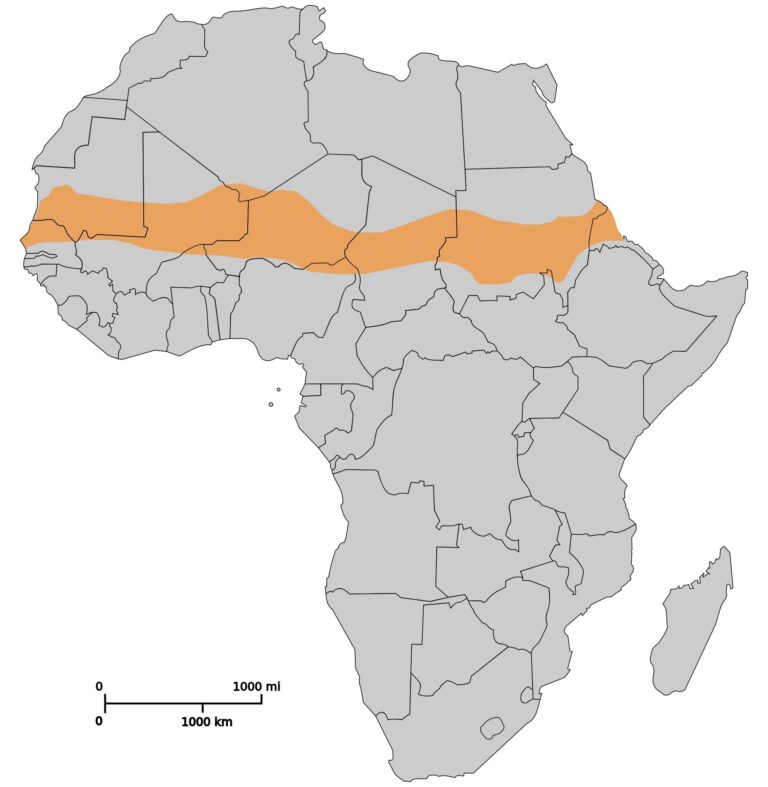Introduction to the Sahel Region
The Sahel is a transition zone in Africa that spans from the Atlantic Ocean to the Red Sea. This region is characterized by its unique climate, culture, and challenges. It faces environmental degradation, food insecurity, and conflicts that impact its development.
Environmental Challenges in the Sahel
The Sahel is notably affected by climate change, leading to increased desertification and erratic rainfall patterns. These environmental issues threaten agricultural productivity, which is vital for the livelihoods of millions. Addressing climate challenges is crucial for ensuring food security in the region.
Food Security and Agriculture
Agriculture is the backbone of the Sahel’s economy, but it is under severe threat from climate change and conflict. Improving agricultural practices and sustainable farming methods can significantly increase food production. This is essential for nutrition and self-sufficiency in the Sahel community.
Rebuilding Efforts in the Sahel
Rebuilding the Sahel requires comprehensive strategies that tackle both immediate and long-term needs. Initiatives to provide education, healthcare, and infrastructure are vital for sustainable development. These efforts also enhance the overall resilience of the Sahelian populations.
International Collaboration
Global partnerships are necessary to support the Sahel’s recovery. Collaboration among governments, NGOs, and international organizations can lead to more effective rebuilding strategies. For example, organizations like the Borgen Project work tirelessly to promote initiatives that can uplift the Sahel.
Advancing Local Economies
Investing in local economies is crucial for long-term stability. Empowering local entrepreneurs can create jobs and foster economic growth. Initiatives that support small businesses and microfinancing are essential to building a resilient economy.
Conclusion
The future of the Sahel depends on collective action, both domestically and internationally. By focusing on sustainable development, food security, and collaboration, we can begin to rebuild this vital region. For more detailed insights into rebuilding the Sahel, visit the Borgen Project.

